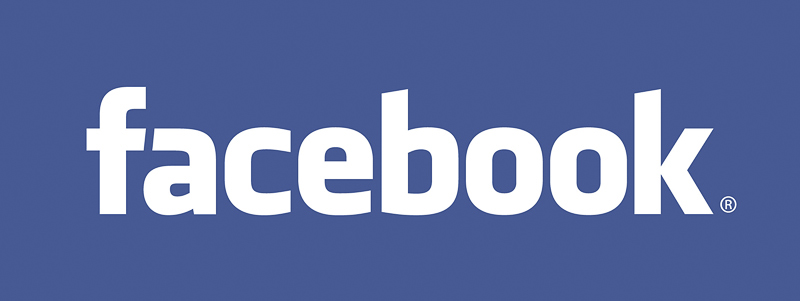New research within Facebook involves using artificial intelligence to process data, according to a recent announcement from the company. The research project, which uses a technique called “deep learning,” aims to give the website the ability to understand unwritten meanings behind the texts posted by users.
Essentially, by using an artificial neural network, deep learning mimics a neural network in the human brain. Facebook is not the first to use deep learning. Google and Microsoft have also used the technique; for example, Google uses it to recognize objects such as cats in YouTube videos.
Software using deep learning has been able to decipher emotions from text—even if they haven’t been stated—and anticipate future behaviour.
“In September, we formed the Facebook AI Group to do world-class artificial intelligence research using all the knowledge that people have shared on Facebook,” said CEO Mark Zuckerberg in a statement regarding the project’s development. “The goal here is to use new approaches in AI to help make sense of all the content that people share so we can generate new insights about the world to answer people’s questions.”
According to Wired magazine, “Facebook’s news feed currently runs on an algorithm that determines rankings and selections according to three things: whether you’ve shown interest in a post from a specific member before, how the post has fared so far and how you’ve responded to posts of a similar nature in the past.”
Since the current software is unable to pick up on subtle linguistic nuances, true meaning can be easily lost. The new software has the potential to enable increasingly targeted advertising.
“From the standpoint of users, a social network can argue it’s doing a better job if it can better suggest interests, events, and opportunities because of a deeper understanding of their users,” said John Anderson, a computer science professor at the U of M. He added that advertisers may find more value in social networks where they can demonstrate that they are targeting interested clients.
Facebook currently has a post index, which involves the computer’s ability to give the user information pulled from statuses on Facebook. As of Zuckerberg’s announcement at the end of October, the team had catalogued over 1.2 trillion Facebook posts.
Facebook chief technology officer Mike Schroepfer told MIT Technology Review, “The data set is increasing in size, people are getting more friends, and with the advent of mobile, people are online more frequently.”
A Facebook user query such as “Winnipeg restaurants” could foreseeably result in statuses about popular Winnipeg eateries, even if the term “Winnipeg restaurants” was not explicitly mentioned in the post itself. Users can currently type queries such as “friends of friends who are single in Manitoba” and receive results from Facebook.
“People join social networks to share what they want with whom they want, but to me, at least, there is a loss of control when elements of what people share—even patterns they did not realize existed in information they posted—is presented to others,” said Anderson.
He added that user backlash may occur as a result of more social networks using deep learning.
“People may not ultimately understand how much value there is in mined data, nor where the connections—being presented because of [mined data]—are coming from,” he said.

